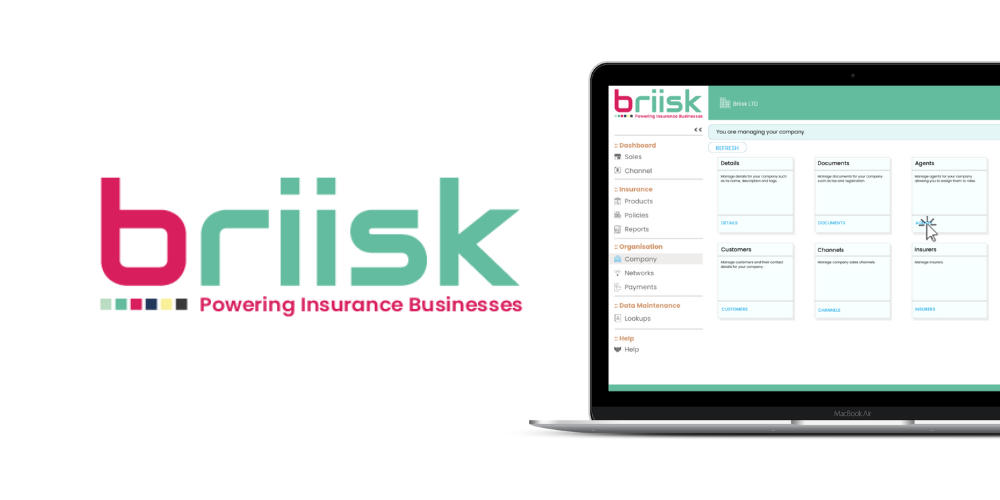Unlocking payment flexibility, operational ease, and customer satisfaction
The insurance industry is undergoing a digital evolution, with customer expectations pushing companies to rethink how they handle payments. Traditional methods like debit orders and direct debits have served their purpose, but in today’s fast-paced, tech-forward world, they often fall short – especially when flexibility, retention, and user experience are on the line.
That’s where recurring card payments step in. More than just a payment method, they’re becoming a strategic advantage for insurers looking to future-proof their operations.
What are recurring card payments?
Recurring card payments (also known as continuous payment authorities) allow businesses to charge a customer’s debit or credit card on a regular basis, whether monthly, quarterly, or annually. Unlike direct debits, which rely on bank infrastructure and come with cumbersome admin, card payments tap into real-time, card-networked rails – meaning they’re faster, more flexible, and more customer-centric.
The benefits: Why insurance providers should care
1. Smoother customer experience = Higher retention
Let’s be honest – nobody wants to jump through hoops to update a payment method. With recurring card payments, your clients can easily switch cards, update details, or swap banks without having to cancel and restart a policy. This flexibility not only improves customer satisfaction, but helps reduce churn caused by failed payments or outdated banking details.
2. Reduced failed payments through tokenisation
Payment tokenisation – where sensitive card details are replaced with a secure, encrypted token – means insurers can store payment credentials securely and safely charge cards without re-entering details. If a customer’s card expires or is reissued, networks like Visa and Mastercard often update the token behind the scenes, keeping payments flowing smoothly with minimal disruption. This is especially crucial for insurers, where lapses in coverage can lead to significant consequences.
3. Operational efficiency without the admin headaches
Recurring card payments automate the entire billing process – from sending reminders to processing payments and managing retries. That means fewer calls to the call centre, fewer disputes, and a lighter admin burden on finance teams. For insurers, this translates into faster settlements, reduced processing times, and happier customers.
4. Stronger security & compliance
With PCI DSS-compliant platforms, recurring card payments ensure high-grade security for both your business and your clients. When paired with tokenization and fraud prevention tools, you’re not only keeping data safe – you’re also building trust.
And if something goes wrong? Credit card disputes are typically easier and more transparent to resolve than debit order reversals, protecting both parties and simplifying the resolution process.
5. Strategic growth potential
Credit cards are widely used, especially among younger, digitally-savvy policyholders. With recurring card payments, you open your doors to wider demographics, offer more accessible payment models, and can even pair payments with value-added services like rewards or bundling.
Direct debit vs recurring card payments: A quick comparison
Setup time
- Direct debit / debit order: Requires more time, paperwork, and is dependent on bank infrastructure.
- Recurring card payments: Fast and digital-first, with easy integration and quicker onboarding.
Flexibility
- Direct debit / debit order: Tied to a specific bank account; changes require re-authorisation.
- Recurring card payments: Highly flexible – customers can easily update card details or switch payment methods.
Failure rate
- Direct debit / debit order: Higher risk of payment failures, especially when bank accounts are closed or insufficient funds occur.
- Recurring card payments: Lower failure rate thanks to automatic card updates, retries, and tokenisation.
Customer control
- Direct debit / debit order: Limited visibility and control for customers over payment schedules.
- Recurring card payments: Customers can manage and update payment preferences easily via secure portals.
Dispute resolution
- Direct debit / debit order: Disputes can be slow and bank-driven, often lacking transparency.
- Recurring card payments: Easier, faster dispute resolution processes through card networks, offering greater protection for both business and client.
The future Is flexible – and card based
Insurance is about peace of mind – and your payment methods should reflect that. By embracing recurring card payments, insurers can deliver a modern, seamless payment experience that aligns with today’s expectations while also unlocking operational efficiency, lower failure rates, and improved retention.
With powerful security, flexibility, and automation baked in, this isn’t just a payment option. It’s a game-changer.
Want to see it in action?
Book a demo to discover how this future-ready payment method can transform your insurance business from the inside out.


